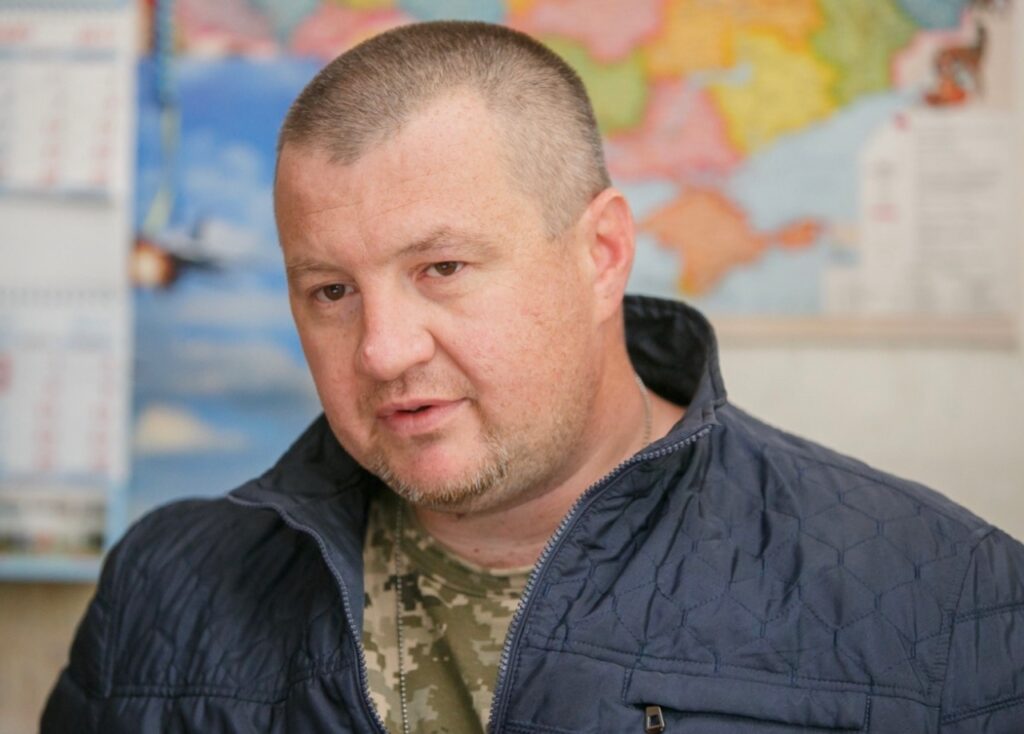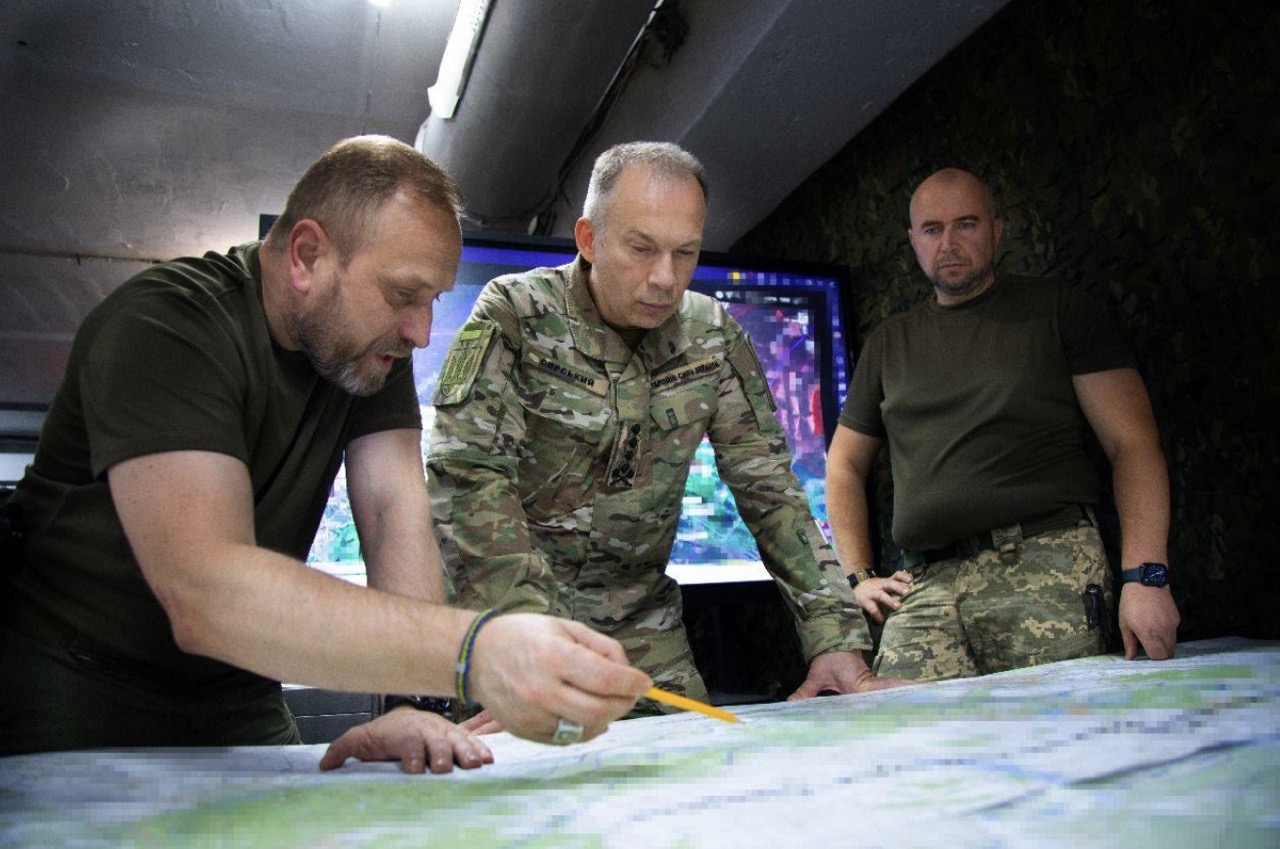Ukrainian counterattacks have forced several Russian brigades to halt their assaults near Pokrovsk, exposing chaos within the Russian command structure. Military analyst Kostyantyn Mashovets said Russia’s 1st, 5th, and 110th Motorized Rifle Brigades stopped attacks after Ukrainian strikes disrupted their coordination.
The Institute for the Study of War (ISW) reported on 13 October that Russia’s 8th and 51st Combined Arms Armies are struggling to coordinate operations between the Kostyantynivka-Druzhkivka and Dobropillia sectors. The lack of communication allows Ukraine’s localized counterattacks to trigger wider disruptions across the Russian front.
Poor coordination and growing losses
ISW said Russian forces reduced activity west of the Kazennyi Torets River after Ukraine’s counterstrikes broke their advance. Russian infantry groups remain north of Rodynske but cannot advance further. Coordination problems prevent neighboring units from supporting one another, forcing several brigades to pause.

Mashovets reported that Russia’s 8th and 51st Armies are cooperating poorly, prompting Moscow to send naval infantry from rear areas to reinforce weak spots near Volodymyrivka. Russia is also trying to gather assault groups near Dorozhnie, but poor coordination prevents them from massing enough combat power to advance effectively.
Drone dominance deepens Russian problems
Trending Now
Ukraine’s drones continue to devastate Russian forces around Pokrovsk. As previously reported by Euromaidan Press, Ukrainian operators have created “roads of death” where drones destroy Russian vehicles and troops trying to move forward or resupply. When one Russian unit comes under pressure, others fail to respond quickly, leaving isolated groups vulnerable to precise drone strikes.
Ukrainian Commander-in-Chief Oleksandr Syrskyi stated on 14 October that Ukraine’s drone “kill zone” now stretches 10 kilometers deep. Within this zone, every Russian coordination failure becomes an opportunity for Ukrainian forces to strike decisively.
Tactical gains without breakthrough
ISW noted that while Russian forces still hold some positions and can disrupt Ukrainian logistics, they have failed to turn local advances into a larger breakthrough. Mashovets said Russian brigades paused attacks after counterstrikes in Krasnyi Lyman exposed weak support from neighboring units.
Despite ongoing attacks, Russia’s inability to coordinate between its major army formations keeps its Pokrovsk offensive stalled. Ukrainian counterattacks and drone strikes continue to erode Russia’s momentum.
Related:
- Frontline report: Ukraine replicates "roads of death" success east of Pokrovsk, crushing Russian advance
- Ukraine's frontline "kill zone" now stretches 10 kilometers deep, top commander says




